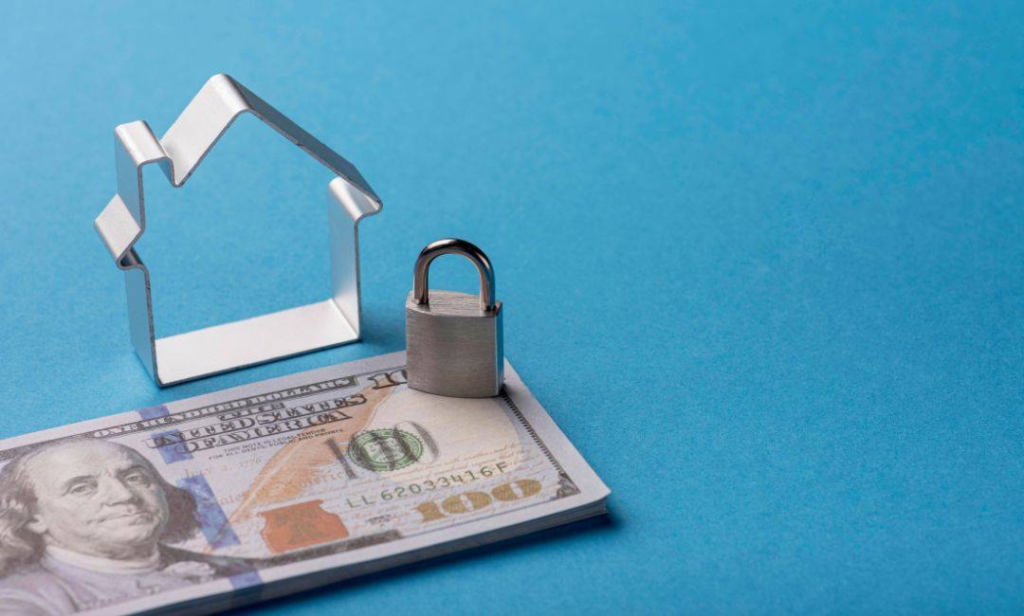
Dreaming of buying a pre-construction home in Canada? Whether you’re a first-time homebuyer or an experienced investor, securing financing can be a bit tricky.
But don’t worry! In this guide, we’ll break down the steps you need to take to secure financing for your pre-construction home. Understanding the financing process is crucial to making your investment successful, so let’s dive in!
What is Financing for Pre-Construction Homes?
Before we get into the details, let’s define what we mean by financing for homes in Canada—specifically for pre-construction homes.
When you buy a pre-construction home, you’re purchasing a property that hasn’t been built yet. Since the home isn’t ready to move into, traditional mortgage options often don’t apply.
You’ll need to explore different financing options in Canada real estate tailored for these types of homes.
Steps to Secure Financing for Pre-Construction Homes in Canada
1. Understand Your Down Payment for Financing for homes in Canada
One of the first things you’ll need to consider when securing financing is the down payment for pre-construction homes in Canada.
For most pre-construction properties, you will need to make a deposit upfront. You usually pay this deposit in installments throughout the construction, often totaling around 20% of the purchase price.
Key points to know about down payments:
- Typically, the deposit is broken up into smaller payments, such as 5% upon signing, 5% within 30 days, and the remaining 10% throughout construction.
- The deposit is held in trust until the builder completes the property.
- Be prepared to budget for these payments while your home is being built.
2. Mortgage for Pre-Construction Homes in Canada
Unlike traditional home purchases, getting a mortgage for pre-construction homes in Canada isn’t as straightforward.
Lenders usually won’t approve a full mortgage until the home is completed. However, you can get pre-approval for a mortgage based on the home’s final value, as long as you can show a solid financial profile.
What to consider about mortgages for pre-construction homes:
- Pre-approval: You’ll still need to get pre-approved for a mortgage. This will help you know your budget and give you confidence when negotiating with the developer.
- Interest rates: Some lenders may offer special mortgage terms for pre-construction homes, but rates might be slightly higher during the construction.
- Mortgage timing: The full mortgage will be available when the home is completed, at which point you’ll finalize the details and start paying off your loan.
3. Pre-Construction Home Loan in Canada
Another option for securing financing is a pre-construction home loan in Canada. Lenders design these loans specifically for buyers investing in homes that are still under construction.
While the terms may vary depending on the lender, the idea behind this loan is that you’ll pay only the interest during the construction period.
What to know about pre-construction home loans in Canada:
- Interest-only payments: During the construction phase, you may only need to pay the interest on the loan, not the principal. Once the home is complete, you’ll begin paying down the full loan.
- Lender requirements: Like any loan, the lender will assess your credit score, income, and other financial factors before offering a loan.
4. Explore Financing for Homes in Canada
Canada offers various financing options for real estate, but pre-construction homes often have more specific requirements. These options include working with banks, credit unions, and private lenders who specialize in Canadian real estate financing.
Key financing options include:
- Traditional lenders: Many banks give loans for pre-construction homes, but the rules may be tougher than when buying an already-built home.
- Private lenders: For buyers who might not qualify for traditional bank financing, private lenders can be an option. However, these loans can come with higher interest rates.
5. Plan for Closing Costs
When you’re preparing to buy a pre-construction home, don’t forget to plan for closing costs. You will pay these costs when the home is completed. And they can include legal fees, inspection fees, and land transfer taxes.
What to consider about closing costs:
- Closing costs can add up to 1.5%–4% of the property’s total purchase price.
- It’s essential to budget for these expenses in advance. Look into navigating closing costs for new and pre-construction homes in Canada to get a full understanding of what’s involved.
If you’re thinking about investing in a pre construction condo in GTA, be sure to research the area’s real estate market.
The GTA is one of the fastest-growing real estate markets in Canada, and securing financing here might come with unique opportunities and challenges. Ensure you explore all available financing options for a condo investment in this area.
Conclusion: Secure Financing and Make Your Dream Home a Reality
Securing financing for your pre-construction home in Canada can seem like a challenge, but with the right preparation, you can make the process much easier.
Whether you get a mortgage from a bank, a pre-construction home loan in Canada, or try other options, the key is to plan.
If you’re ready to dive into the Canadian real estate market, take time to research how to secure financing and explore all your options.
Also, you can buy condos & homes in Canada or invest in a pre-construction property, securing the right financing is your first step toward homeownership.




